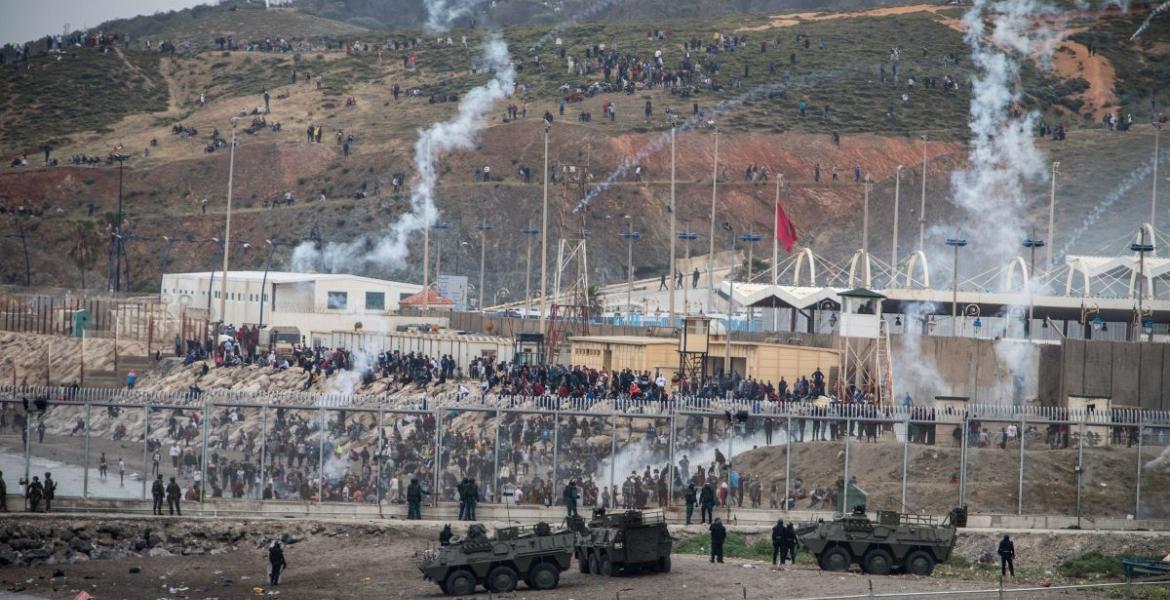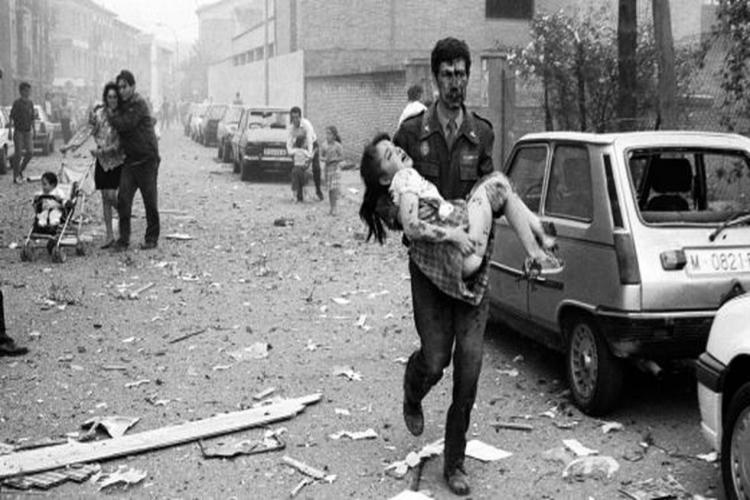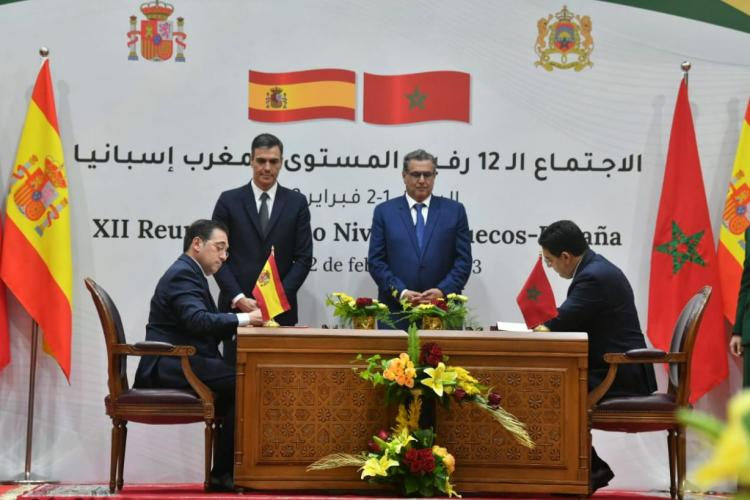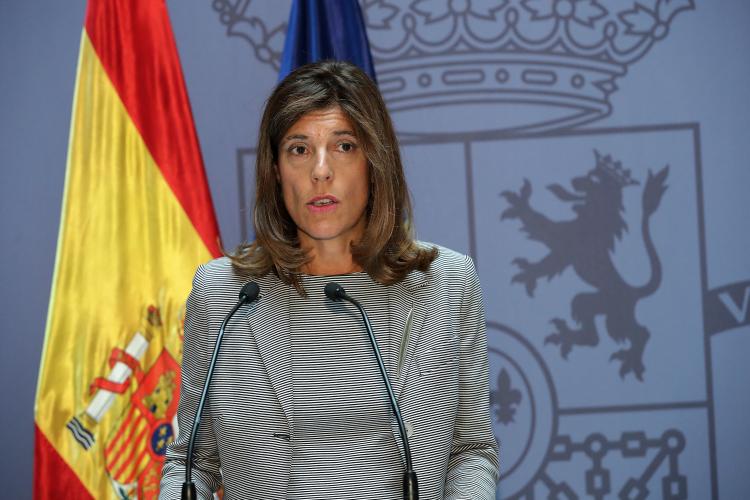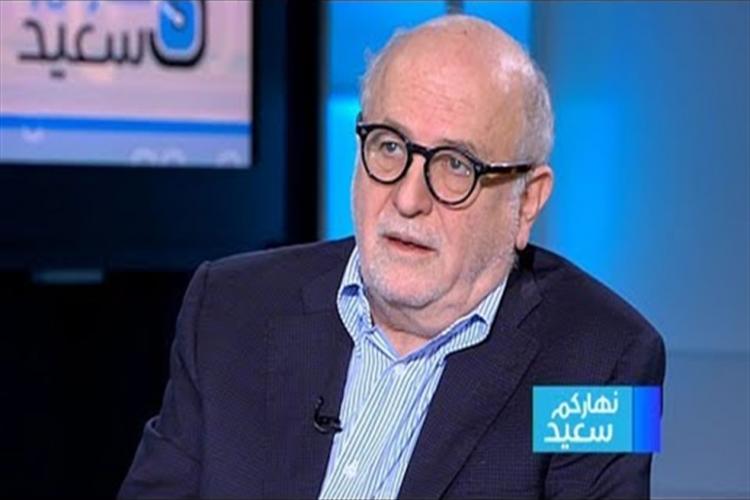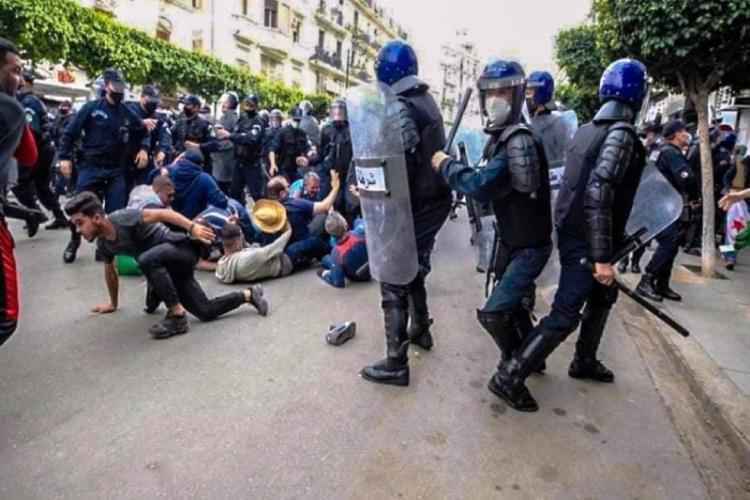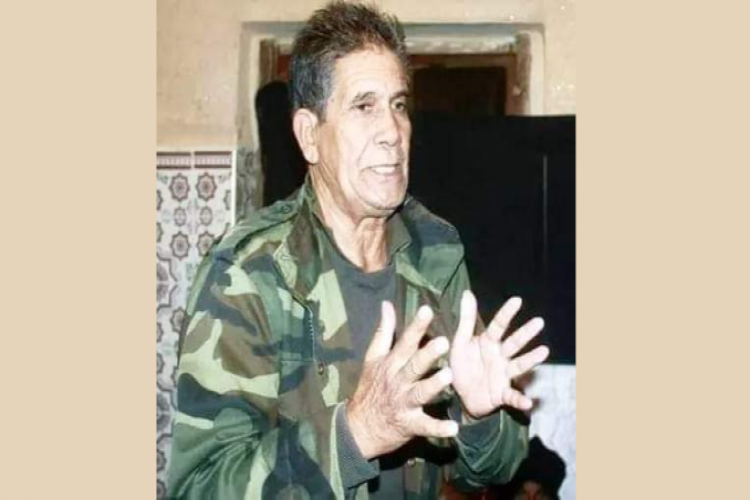Spanish socialists set fire to Ceuta
Thousands of Moroccans have entered Ceuta (Moroccans say Sebta), one of the two Spanish enclaves in North Africa, which has been part of Madrid since 1850 (and previously Portuguese since 1415) and is therefore part of the European Union and, with specific rules, of the Schengen area. This situation is the direct consequence of troubled game of the Spanish socialist government. The latter, by welcoming (under a humanitarian pretext) near Zaragoza, Brahim Ghali, 5 years old, who is none other than the leader of the armed rebellion of the Polisario that opposes since 1975 the legitimate sovereignty of Morocco over its Saharan provinces, has provoked the most serious diplomatic crisis between Madrid and Rabat since 2002. It was then a sovereignty dispute over the islet Persil, near Ceuta. The hospitalization of Brahim Ghali would have been negotiated directly between the Spanish government and the Algerian power according to our colleagues of Jeune Afrique.
To understand the background of the issue, it is necessary to recall that the Polisario is a toy – now worn out – in the hands of Algeria, which had financed it since the beginning to destabilize Morocco. It has often been supported by political parties and trade unions of the European left. The United States is currently lobbying for the final recognition of Morocco’s sovereignty over its southern provinces, which were under Spanish protectorate from 1884 to 1975. King Mohammed VI is in favour of a broad autonomy status for the Moroccan Sahara and is behind numerous investments in this region, which is still very arid. It should be noted that France is dragging its feet on this issue, as Emmanuel Macron does not want to offend his Algerian friends, to whom he obviously owes a lot.
Since May 17, it is clear that Morocco has relaxed to the depature of thousands of its national to Ceuta. But it is strict right not to control its border in the direction of the departures, as it is used to do in its good neighborly relations with Spain. A quarter of the 8,000 migrants who have entered illegally since Monday through the Ceuta seafront are believed to be unaccompanied minors. Some of them have already been sent back to Morocco
Spanish Socialist Prime Minister Pablo Sanchez visits Ceuta and Melilla, the other Spanish enclave on the Moroccan coast, on Tuesday, May 18. He was booed by the crowed of inhabitants. Santiago Abascal, head of the Spanish nationalist party Vox, was cheered when he came to Ceuta at the same time. It remains unacceptable that small arrangements between Algiers and Madrid degrade relations between Morocco and the European Union. It remains equally unacceptable that some countries still block the international normalization of Moroccan sovereignty over its Sahara provinces. Whether Algiers likes it or not, the future of this territory will be Moroccan, as was its past.
Jerome Besnard.

